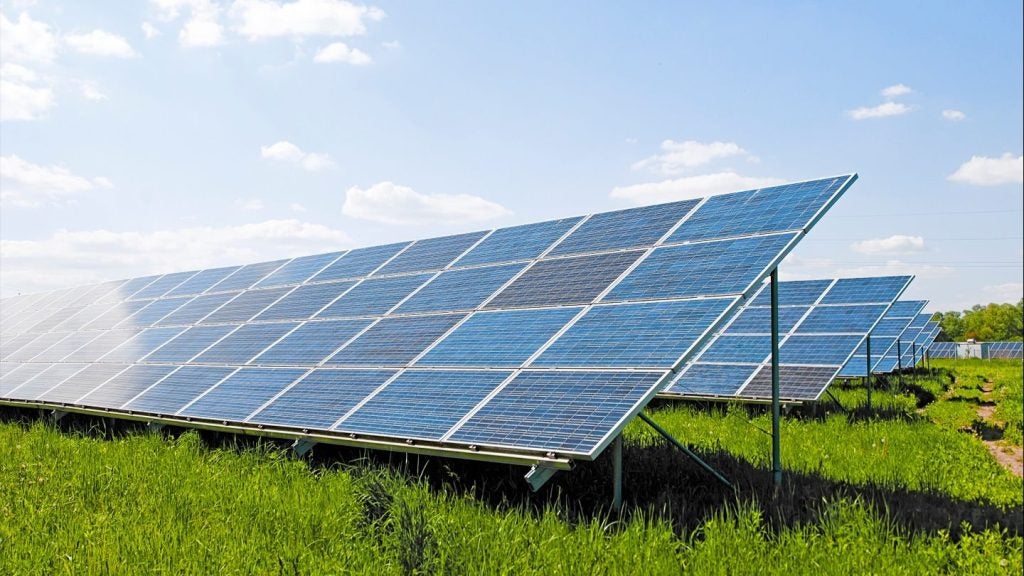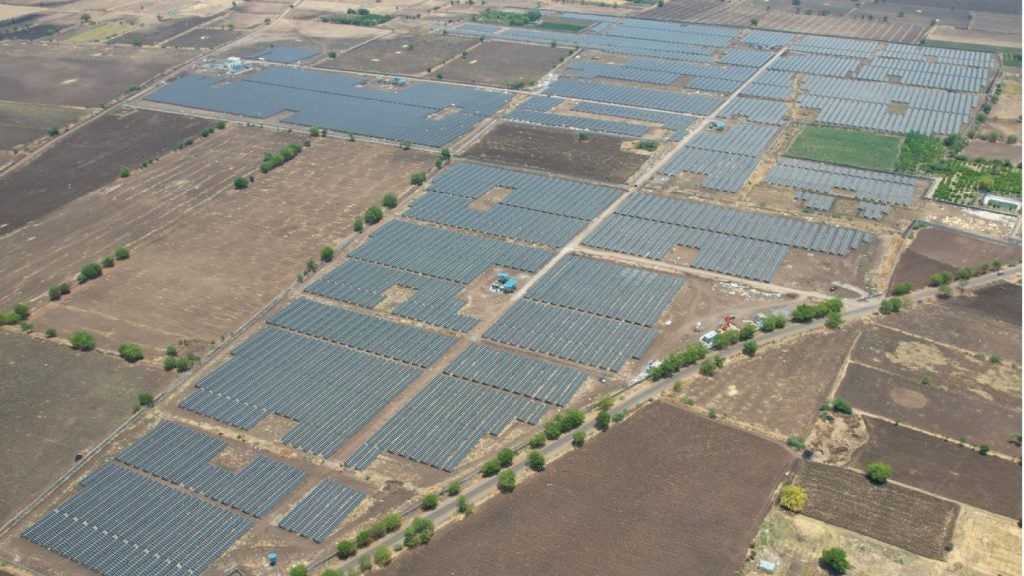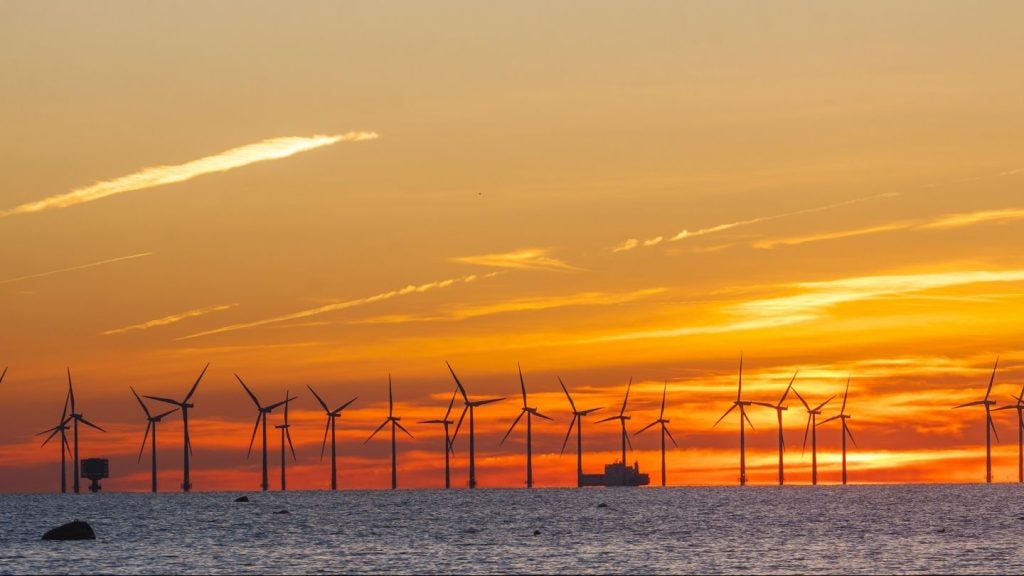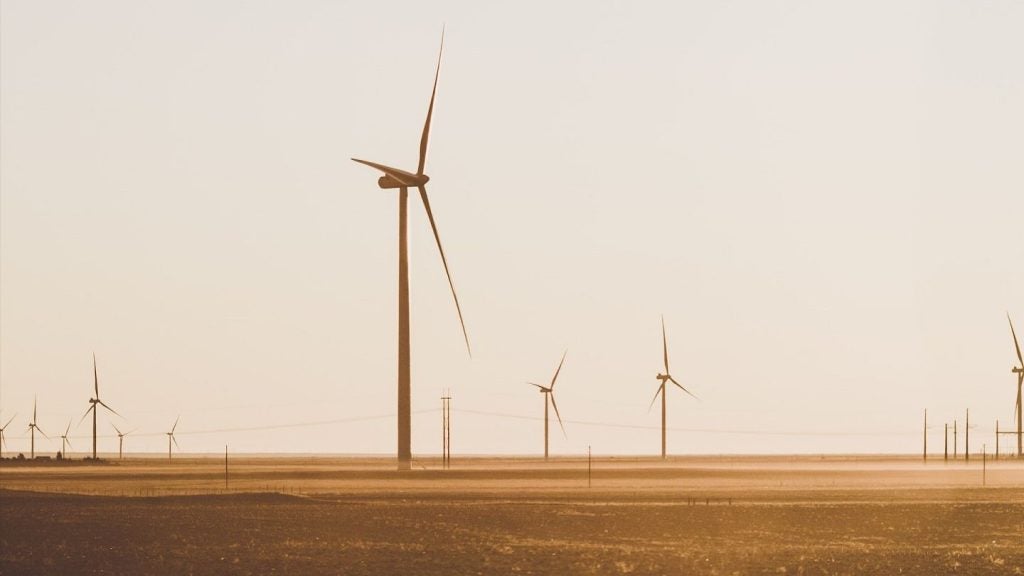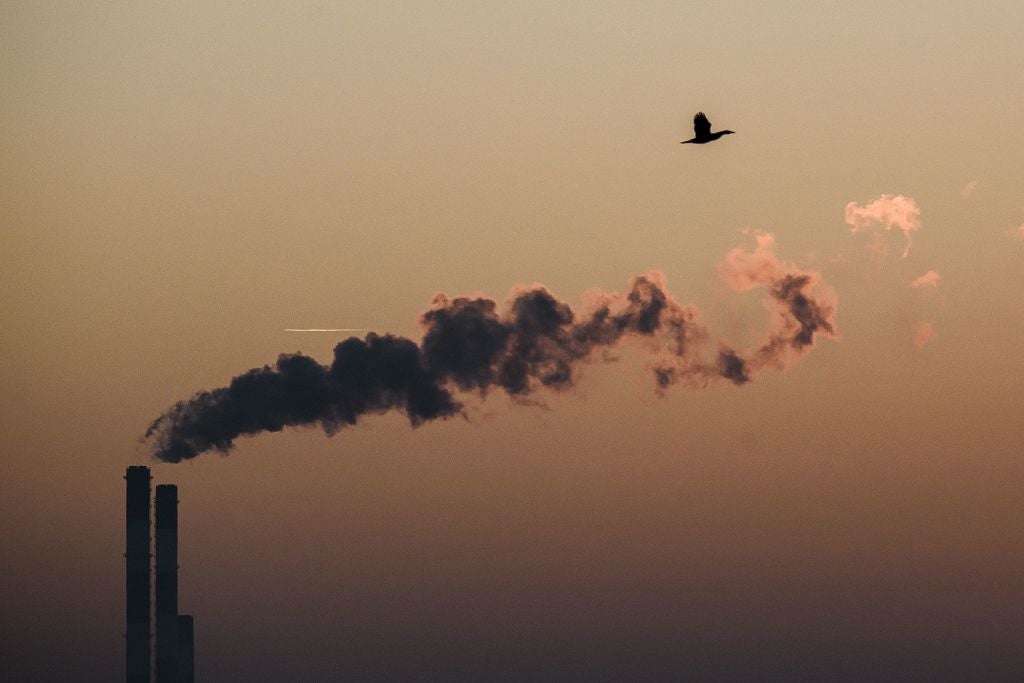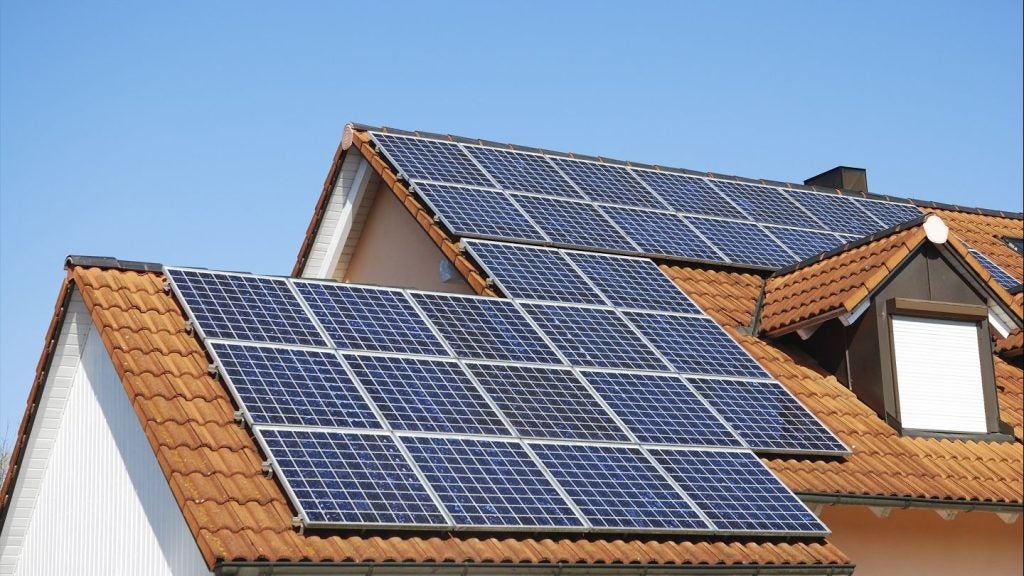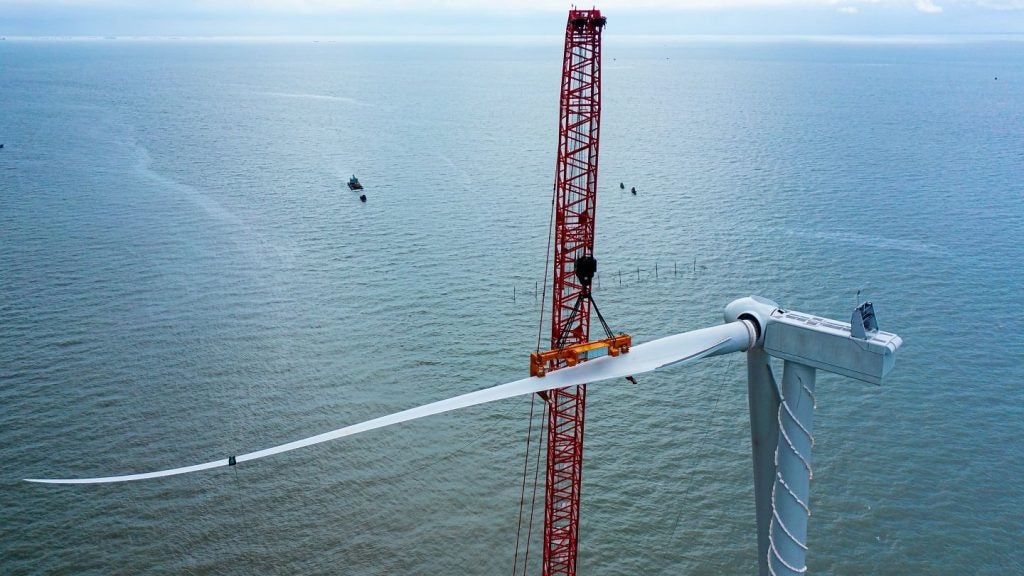The joint venture (JV) of FRV Australia and Genesis Energy has secured land for three new solar farms on New Zealand’s North Island.
Saudi investment company Abdul Latif Jameel Global Energy and Environment owns a 51% interest in FRV Australia and the remaining 49% stake is held by Canadian pension fund OMERS.
The three solar plants will have a total capacity of 400MW and cover a total area of 740 hectares. The Manawatu plant will have a capacity of 200MW, Waikato 100MW and Hawke’s Bay 100MW.
The JV partners estimate an investment of $385.3m (A$600m) to develop the solar plants. The first of these sites is estimated to begin operations by 2026.
The plants will generate enough clean electricity to power 85,000 homes annually, making Genesis one of the largest solar power generators in New Zealand.
They will also remove 500,000 tonnes of CO₂ emissions annually.
FRV Australia CEO Carlo Frigerio stated: “These future projects, together with the good progress on the Lauriston solar farm, are the tangible results of our support to sustainable clean energy developments in New Zealand following our successful experience in Australia.”
Genesis Energy chief operations officer Rebecca Larking stated: “Solar provides a strong alternative source of renewable generation to the country’s heavy reliance on hydro and growth in wind generation with the added benefit that the time to build and start delivering electricity is a lot quicker than any other type of generation.
“This will help jump-start electrifying and decarbonising New Zealand businesses and households at scale, ensuring the country is on track to be net zero by 2050.”
In February 2023, the JV of FRV and Genesis acquired Lauriston, a 52MW solar plant near Christchurch. The companies formed the JV in 2021 to develop 500MW of solar capacity in the country over five years.


